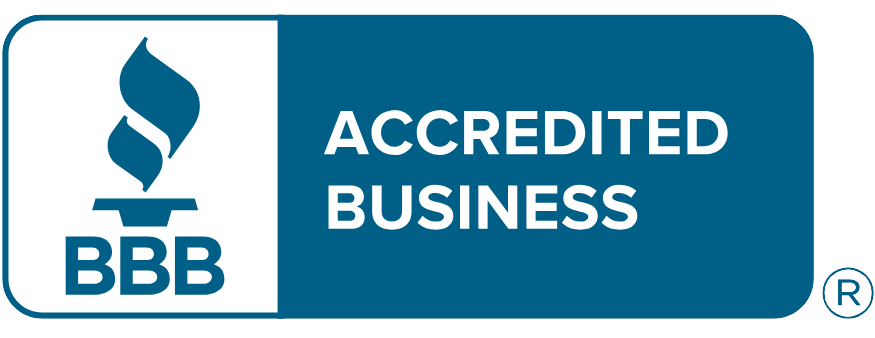
Arizona homeowners understand the critical nature of having trouble-free, reliable air conditioning all summer long. And yes, studies have shown, temperatures in the Southwest are getting hotter, and summers are getting longer. As CEO of your household, you are called upon to make all kinds of decisions. From the seemingly insignificant to major improvements, such as when to replace your HVAC. It’s your job to do the research and allocate your resources wisely. Choosing the right time to install a new HVAC system will make the difference between a cool, carefree summer or a series of HVAC mishaps requiring service while you swelter in the heat. Because of the lower temperatures and lighter workload in the winter, the months between January and March are ideal for a new system installation. If you’re considering replacing your HVAC system in 2019, calculating your energy costs can be an important factor in making the right decision.
Energy Costs Continue to Go Up
Utility bills and energy costs are a significant part of any family’s budget. In 2017, Arizona state utility regulators approved a $95 million rate hike for APS, which was later challenged in court and featured heavily on the news. The US Department of Energy says air conditioning can account for more than half of the monthly energy use in a typical home and up to 70 percent in hotter climates. You need only review your own electric bill to understand the trend is headed one way – up. To calculate how much you are spending each month to cool your home, the US Department of Energy has created this Energy and Cost-Savings Calculators for Energy-Efficient Products.
What Is the Life Span of a Typical Air Conditioner?
HVAC units are built to last a long time. In moderate climates, some units provide service for 10 years or more. However, summers in Arizona are extremely tough on hard working air conditioners. A typical life span for an air conditioner running nonstop in the desert would be approximately seven to eight years. Depending on when your home was built and when your air conditioner was installed, your AC unit may be nearing the end of its useful life. You’ll know it’s time to consider purchasing a new air conditioner when the service calls and maintenance bills start piling up.
SEER Ratings, BTUs and Air Conditioners
SEER ratings provide guidelines for energy efficiency. If you have an older air conditioner, the SEER rating may be six or lower. Purchasing an AC unit with a higher SEER rating means a more efficient use of energy to displace heat in the process of cooling your home. That’s how a new, energy efficient AC unit can save you money on your electric bill. The higher the SEER rating, the better. BTUs stands for British thermal units, which in simplified terms, is a standard of measurement for the amount of heat your air conditioner can remove from a given room or area. The higher the BTU rating, the more cooling power of the air conditioner. At first glance, these calculations may seem a bit confusing. Give us a call to schedule an overall HVAC consultation, and we’ll be happy to explain the fine points of saving you money on your utility bills.
Let One of Our Experienced Professionals Explain Your Options
If you are considering a new HVAC unit for your home or you are convinced you may need major service on your current air conditioner, give us a call for friendly, informative and expert advice. After performing a thorough inspection, our experienced professionals will provide you with information and options. Give us a call today.






